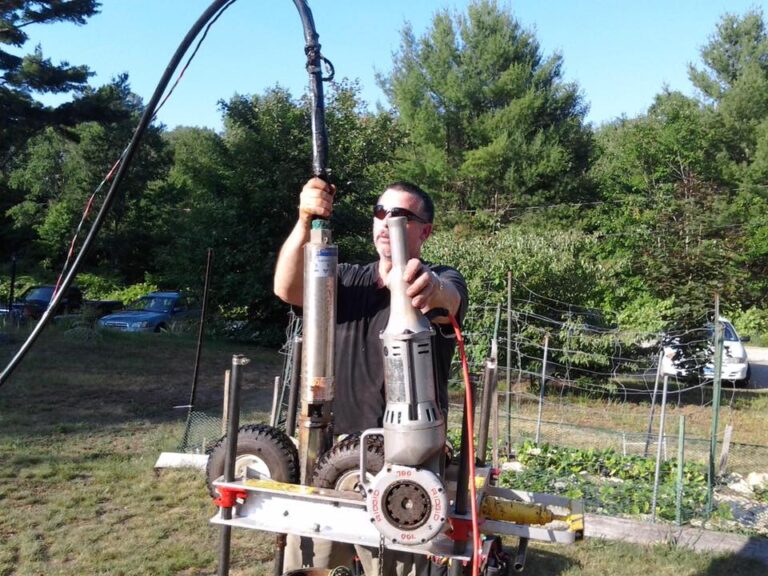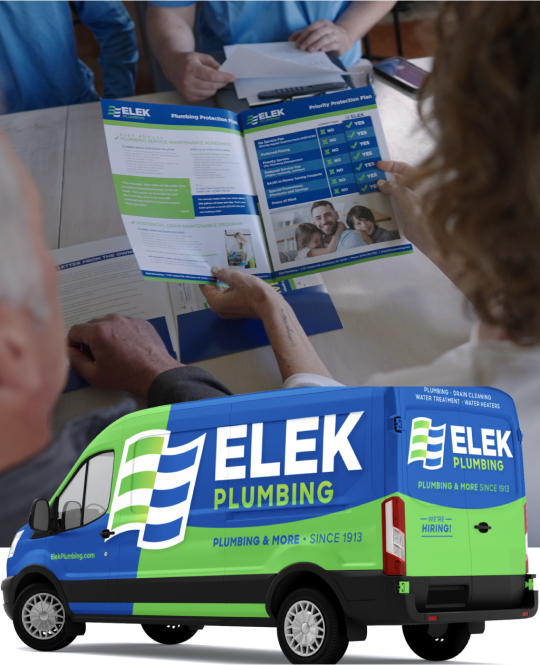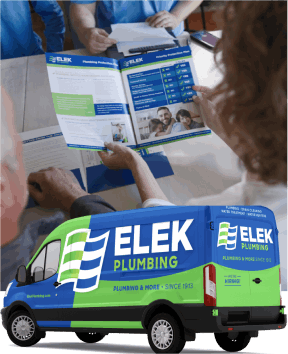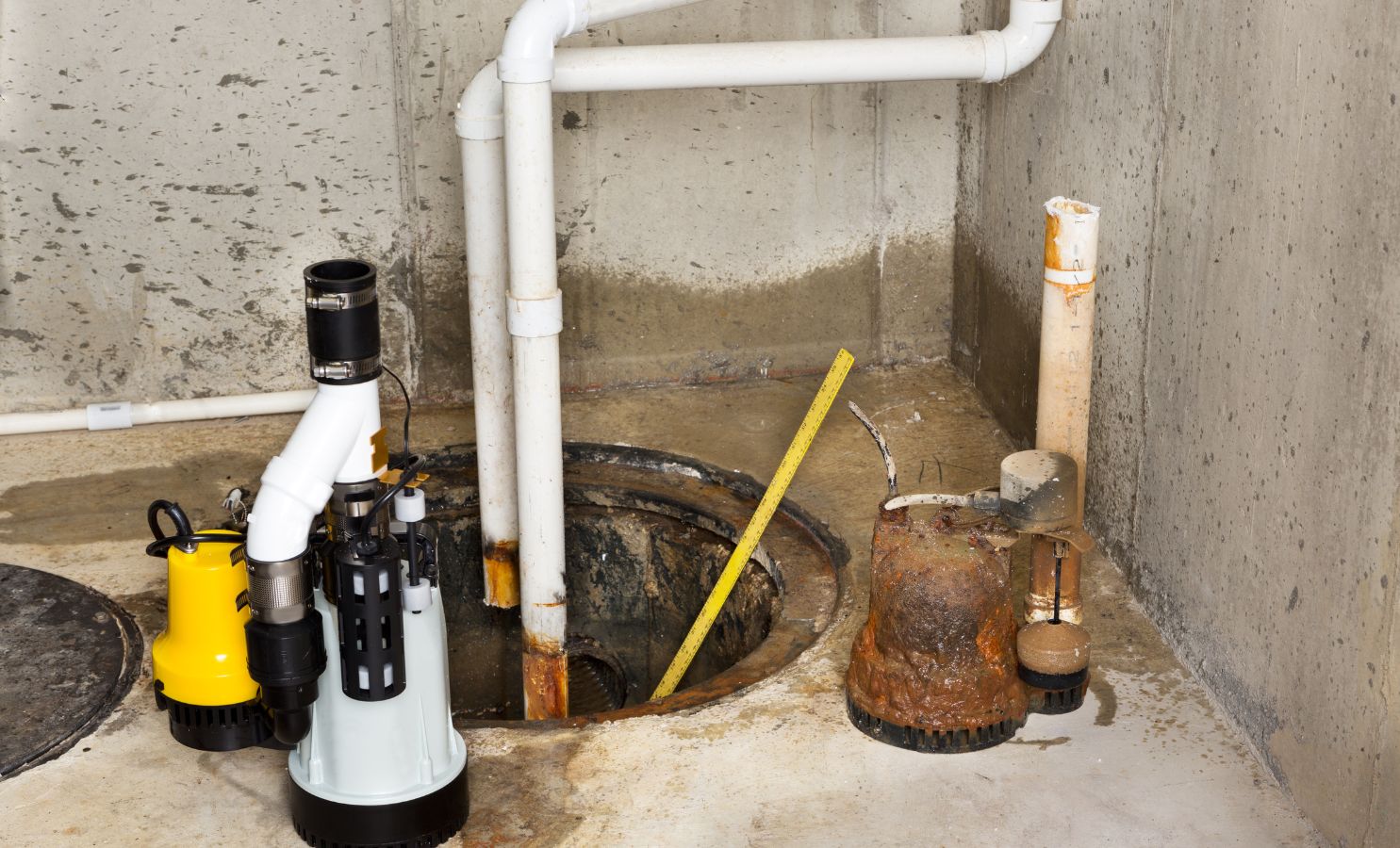Sump Pump Replacement Cost
How Much Does Sump Pump Replacement Cost?
Sump pump replacement cost is based on the type of pump you choose and whether you have a professional install it or not. When it comes time to replace your sump pump, there are a few factors that will determine the final cost. The most important factor is the type of pump you choose. There are three main types of sump pumps-electric, submersible and pedestal. The next biggest cost factor is the installation. If you have a professional install your new sump pump, it will obviously cost more than if you do it yourself.
A sump pump is a pump that removes water and sediment from a sump basin, or sumps, in order to prevent water damage to a basement or crawlspace. A sump basin is typically located in the lowest part of a home, and the sump pump itself is usually located either in the basement or crawlspace.
When is the best time to replace a sump pump?
The best time to replace your sump pump is before it fails. Most sump pumps last around 10 years, but there are a few things that can shorten their lifespan. If you live in an area with a lot of flooding, your sump pump will have to work harder and will probably need to be replaced more often. If you live in an area with hard water, the mineral deposits can clog up your sump pump and reduce its efficiency. And if you live in an area with power outages, your sump pump will need to be able to handle the additional stress.
If you wait until your sump pump fails, you run the risk of flooding. A failed sump pump can cause thousands of dollars in damage to your home. And if you have a finished basement, that damage can be even worse. So it’s important to know the signs that your sump pump is failing.

How much does it cost to replace a sump pump? This is a question that many homeowners will face at some point. The cost of replacing a sump pump depends on several factors, including the type of pump you choose and whether you have a professional install it or not.
Let’s take a closer look at each of these factors so you can better estimate the cost of replacing your sump pump.
Sump pumps come in three different types-electric, submersible, and pedestal. Electric sump pumps are the most common type, and they are also the most affordable. Electric sump pumps typically cost between some hundred dollars.
Submersible sump pumps are more expensive, and they typically cost between hundred to thousand dollars. Pedestal sump pumps are the most expensive type, and they typically cost between thousands dollars.
The cost of replacing a sump pump can vary significantly depending on the type of pump you choose and whether you have a professional install it. However, in general, you can expect to pay anywhere from some hundred to thousands dollars for a new sump pump.
Elek Plumbing
https://www.google.com/maps?cid=17731205453129335951
1101 Airport Rd, Allentown, PA 18109, United States
+1 610-432-7001
https://elekplumbing.com/
Request Service


Water heaters last between 8 – 12 years on average when properly maintained. However, your water heater's life span depends on many factors, including the quality of the unit, its maintenance schedule, and the surrounding environment. If you’re unsure whether it’s time to replace your water heater, request a free estimate from our team.
Can well pumps be repaired, or do they need to be replaced? Can well pumps be repaired, or do they need to be replaced?In most cases, well pumps are not repairable. However, in some instances, all that’s needed is a bit of maintenance or a minor electrical fix to restore full system functionality. The only way to determine whether your well pump is salvageable is by having a knowledgeable plumber inspect the system.
Is it safe to use chemical drain cleaners? Is it safe to use chemical drain cleaners?Drain cleaning chemicals are highly toxic. These chemicals are unsafe for your family and pets and can damage your pipes, causing them to deteriorate prematurely. When stubborn clogs impact your system, the best solution is to hire a plumbing professional to clear the blockage.




